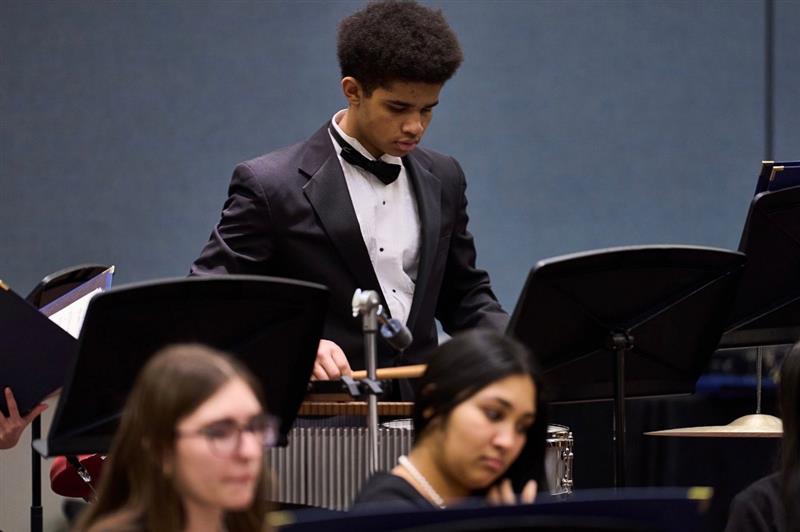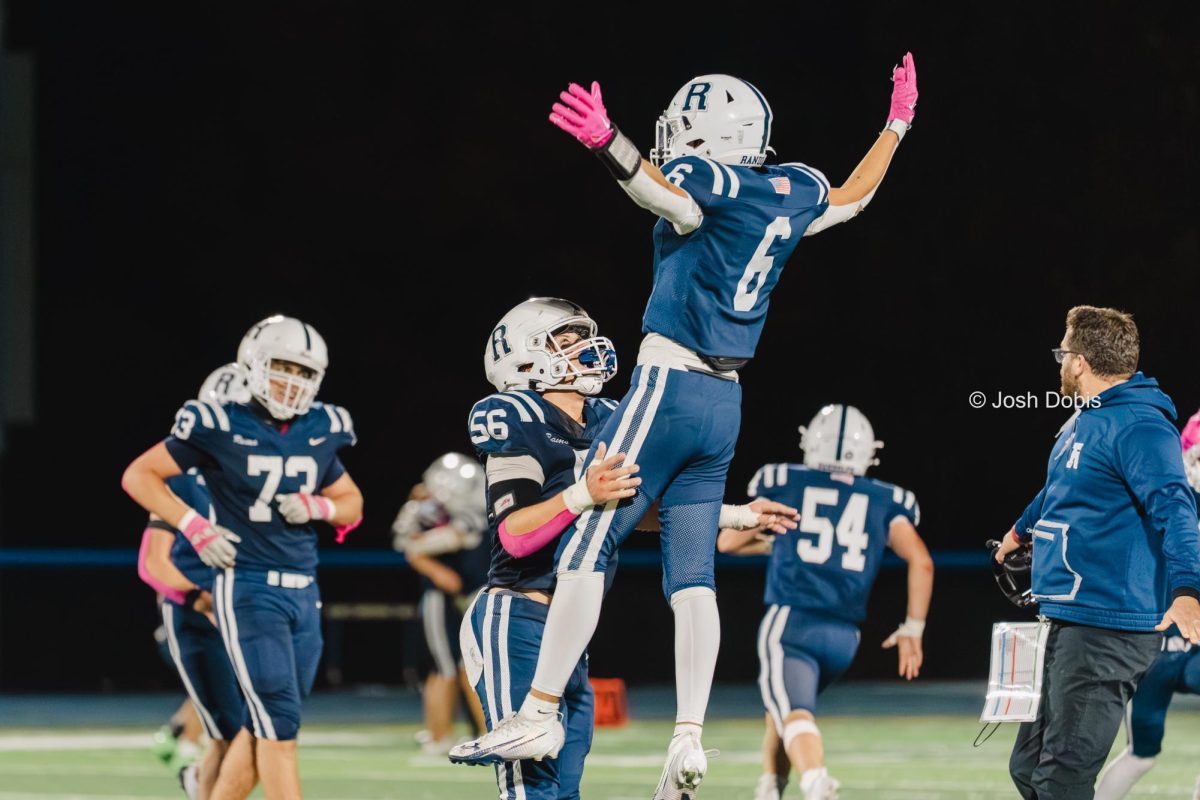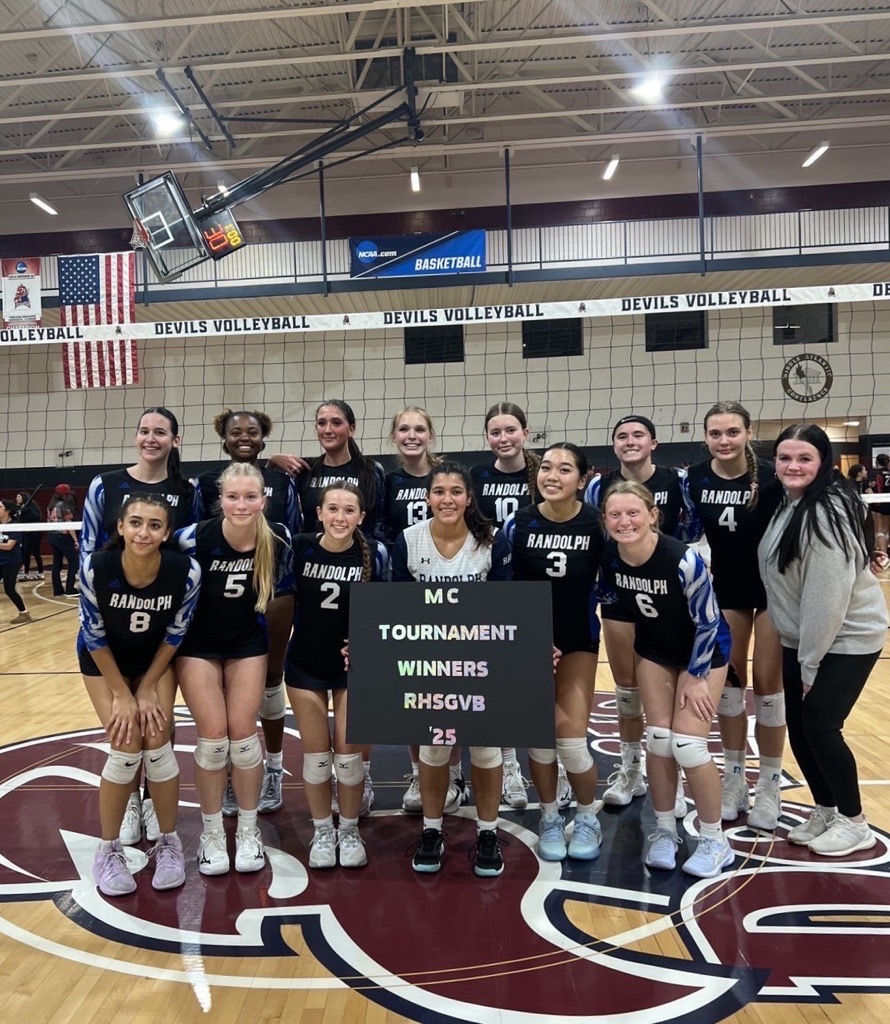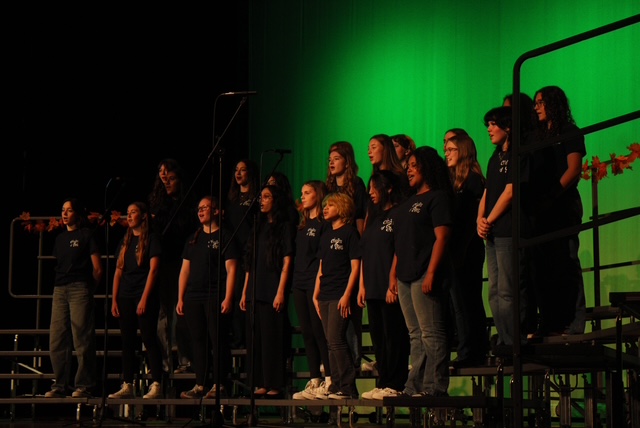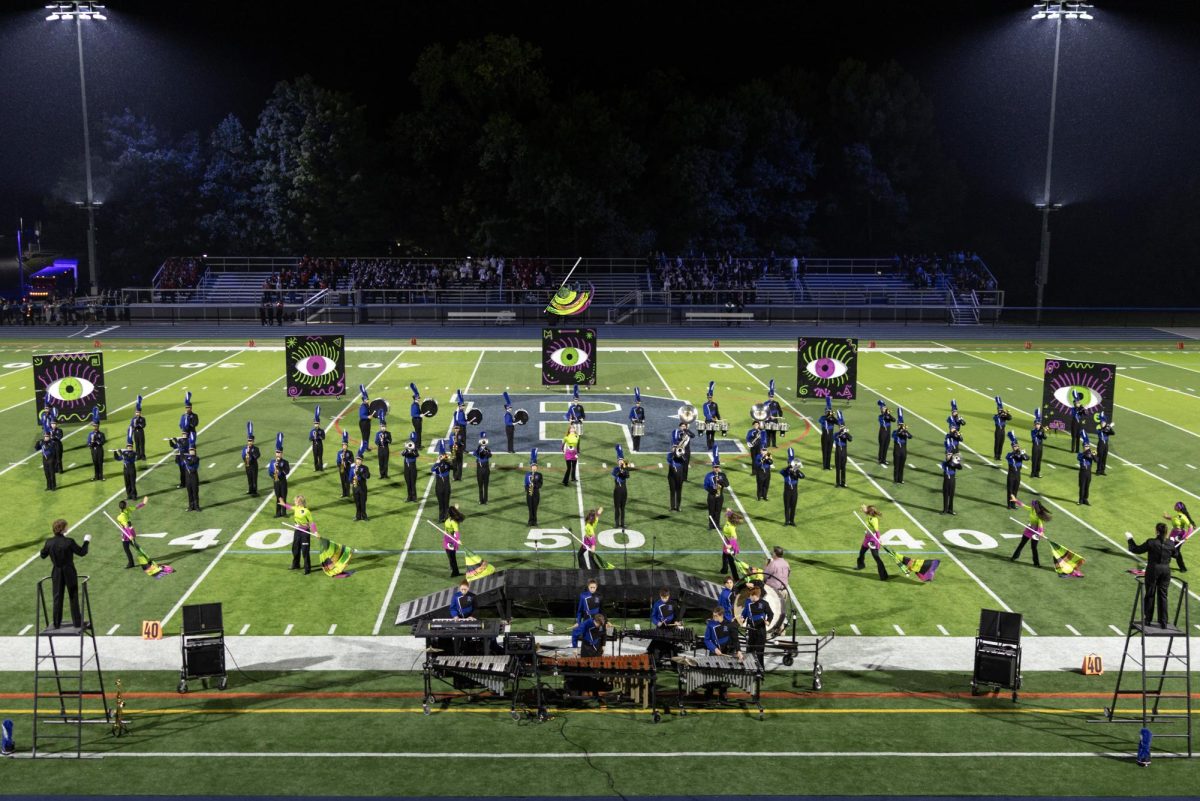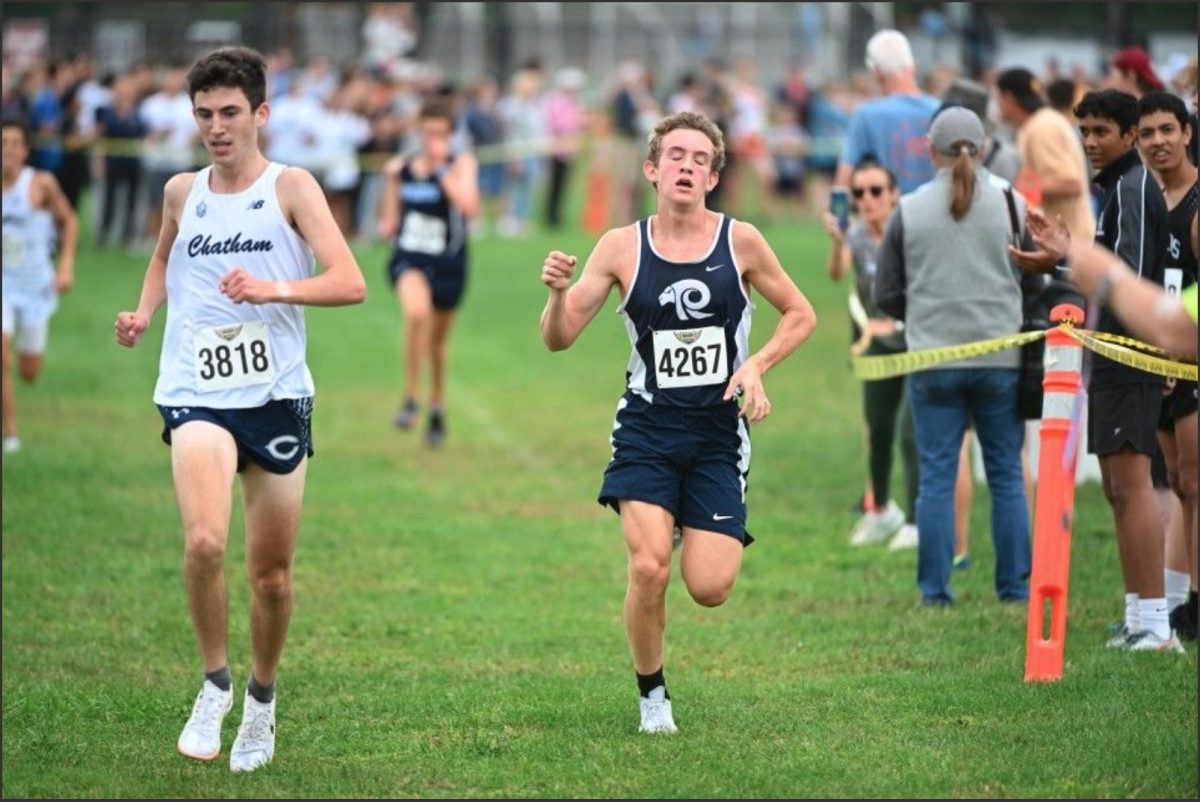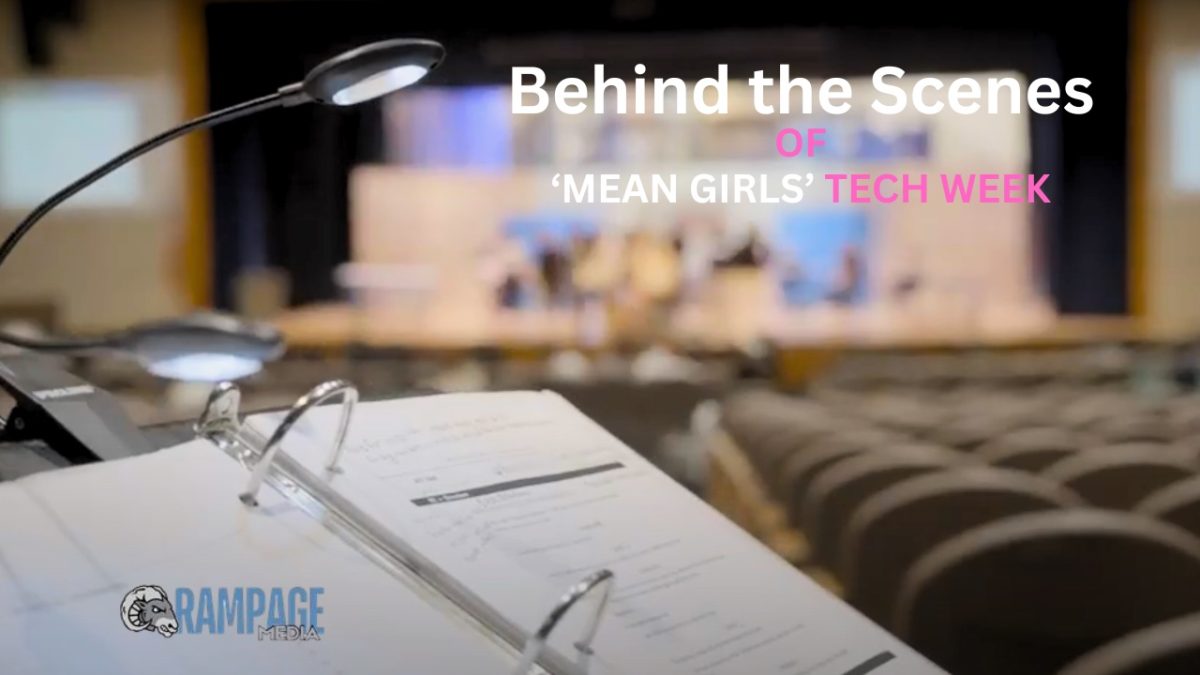It’s common for high school students to experience exhaustion, lack of motivation and a general sense of burnout. According to a recent article on polygence.org, “Burnout is an emotional state of exhaustion, cynicism, and feelings of inadequacy.” While this feeling is often associated with senior year and the stress of getting into college, statistics show that it affects students at all grade levels.
Students experience it for many reasons like boredom, lack of sleep, stress, frustration and anger, lack of motivation and disillusionment with school. Given all the potential triggers, it’s not surprising that high schoolers at all grade levels experience it, as each year presents new challenges, forcing students to readjust and cope as best they can.
Freshman Frustration
RHS freshmen must navigate a larger school building, a new class schedule and a sea of unfamiliar faces, all at once. Many freshmen report feeling intimidated and stressed out, especially with the long academic path ahead of them that includes all kinds of testing, long study nights and getting a jump start on college preparation.
“High school is a lot different than middle school,” freshman Charna Torres said. “It can be overwhelming, and it’s crazy to think about how much older everyone is than you. Like, I go to school with full adults that drive; that’s crazy. At first, the schedule was confusing, but over time I got used to it. The workload is definitely manageable, but you have to be smart about it because it can get to be a lot.”
Sophomore Slump
Sophomores often experience the so-called “sophomore slump.” While most view sophomore year as being more manageable than junior year, surprisingly, it’s during this second year of high school that dropout rates peak in the U.S. According to a recent article on expertbeacon.com, the Department of Education reported that sophomores represent 16% of overall high school enrollment yet account for 36% of student dropouts.”
After completing a relatively manageable freshman course load, tailored to the newly arrived high schoolers, sophomore year can be a big eye-opener in terms of an increased academic workload, which can lead to many students feeling overwhelmed.
“The jump from freshman year to sophomore year was definitely harder than the jump from middle school to high school,” sophomore Jiah Shah said. “I’m not really managing the work; I’m just dealing with it. I’ve thought about dropping out, but obviously jokingly because I could never drop out as there is immense pressure to stay in school.”
Junior Juggle
For many juniors, between taking rigorous classes, testing and applying to college, there’s a lot to juggle. Many say junior year also feels like the start of the rest of their lives as the grades they earn and academic level of classes they take can determine their viable college prospects. For example, this is when most high students are able to begin taking core classes at an AP level, which automatically increases the rigor of junior year. College application planning and campus visits and college admissions tests also generally start this year, making it an incredibly hectic time for juniors.
“I have made a calendar for each month to let myself know what I have to do that day for homework and outside of school,” junior Avery Liston said. “It helps me stay organized, especially when I’m stressed out with my numerous assignments. Although it’s not easy to stay motivated, I have had to remind myself that hard work pays off in the end.”
Junior year also includes state-mandated testing for high school graduates, such as the NJGPA. Additionally, juniors must take the SAT or ACT and, if they choose, AP tests, in preparation for their college applications.
Senior Strain
While senior year can be less academically demanding due to students having fewer remaining required classes to take and the option for a study hall, it can still be emotionally and mentally challenging for students. Senioritis is a common phenomenon where seniors lose their motivation to work, often leading to burnout as they struggle to find motivation in school and life. Seniors also face the major stressors of applying to college and awaiting college decisions, which can lead to feelings of either relief or disappointment. By the time they commit to colleges, most seniors are simply “done” with high school.
“After working extremely hard over the past four years, I am so tired of trying,” senior Jack Manolis said. “I’m going to Auburn in the fall, so my motivation is gone.”
Statistically Speaking, Sophomore Year Is the Most Challenging
Statistics show that sophomores not only get the most homework, but they also experience the most mental health issues of all high school students. Education Next analyzed the number of hours spent weekly on homework per grade level and the results were fascinating. Freshman spent the least amount of time per week on homework, averaging 12.8 hours. Seniors had the second lightest load, with 15.9 hours per week, followed by juniors with 16.7 hours. Sophomores had the greatest workload, spending a whopping 17.3 hours per week on homework.
With stats like these, it’s perhaps unsurprising that sophomores also suffered the most from mental health challenges. According to the same Education Next article, data showed that 18.4% of freshmen, 19.7% of seniors, 22.3% of juniors and, at the top, 30.5% of sophomores experienced this type of issue.
It’s also understandable why so many high school students are burnt out. Between the drudgery of doing endless homework and juggling personal responsibilities, it’s no wonder students are feeling stressed, fatigued and even emotionally and physically unwell.
With four years of high school comes four years of increasing responsibility. Students not only have heavy workloads but face added pressure from extracurricular activities, volunteering or working after school. While it’s important for students to maintain good grades, it’s equally important for them to maximize their physical and emotional well-being during high school to create a well-rounded and healthy lifestyle in preparation for the college they worked so hard to get into in the first place.



